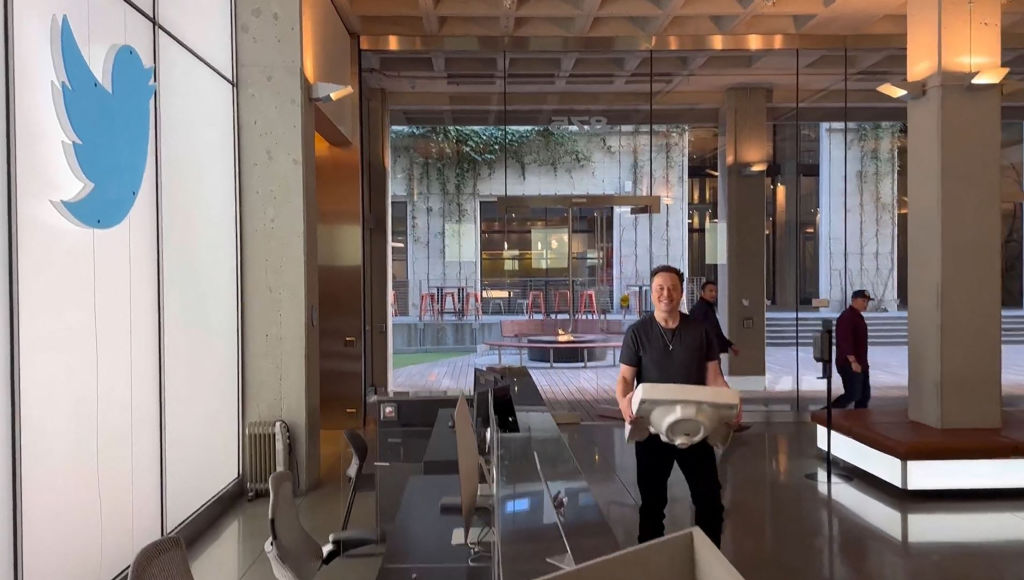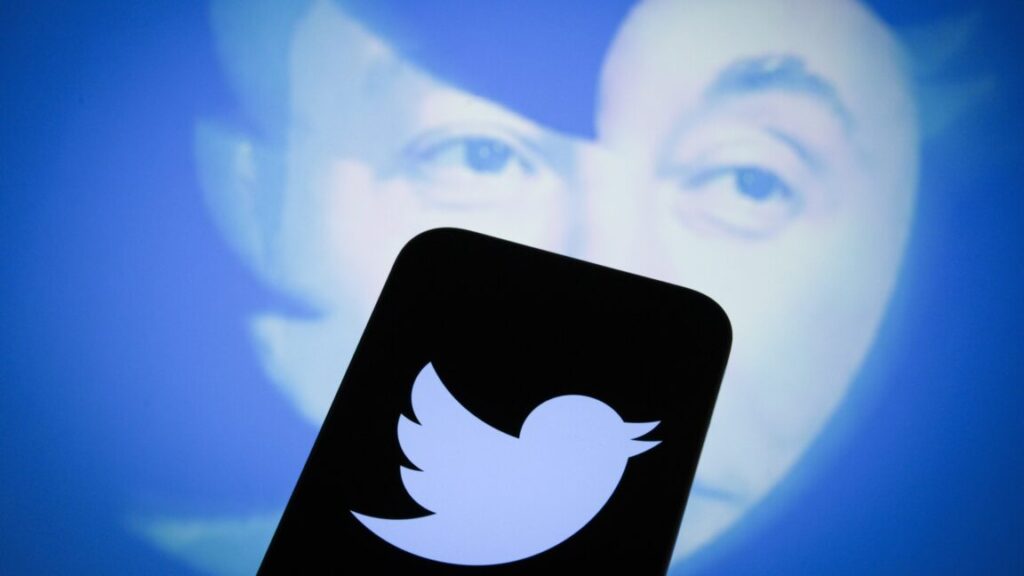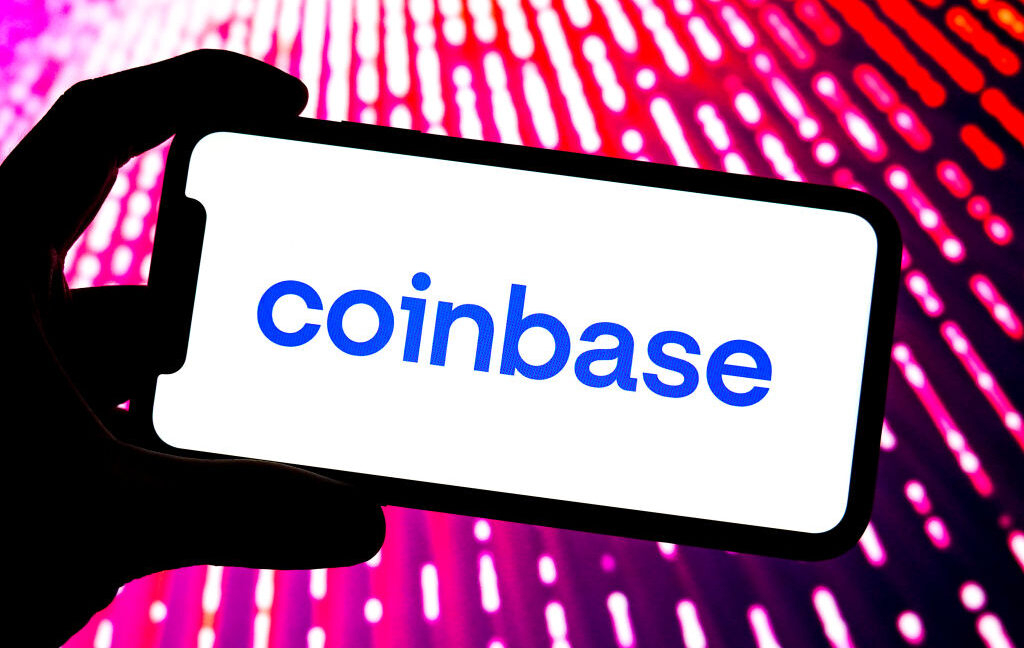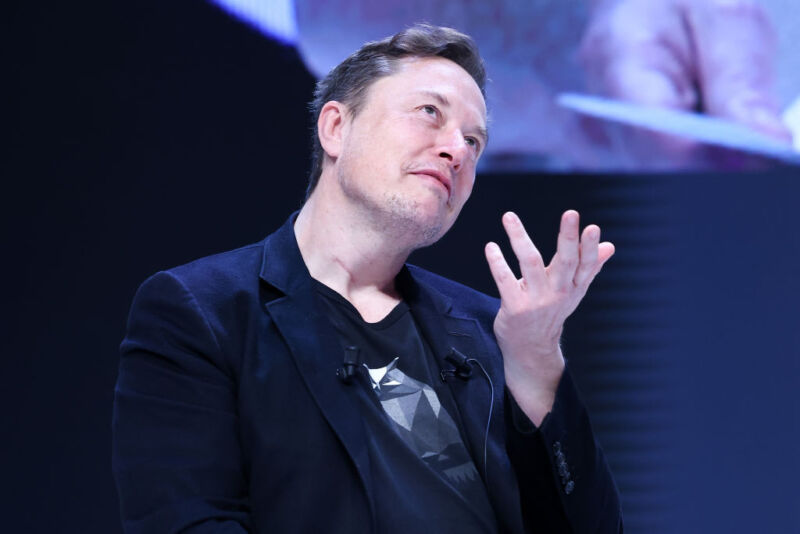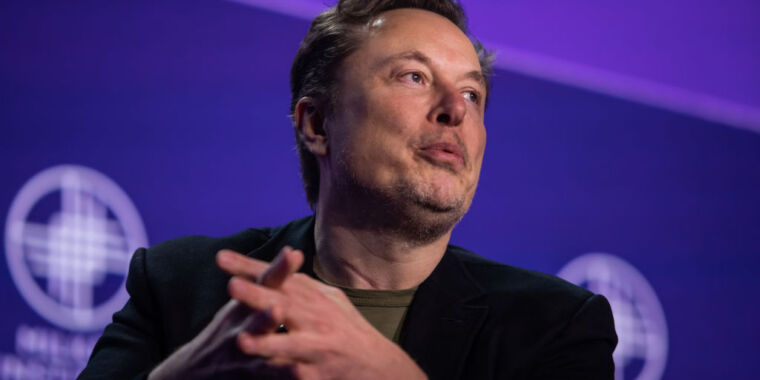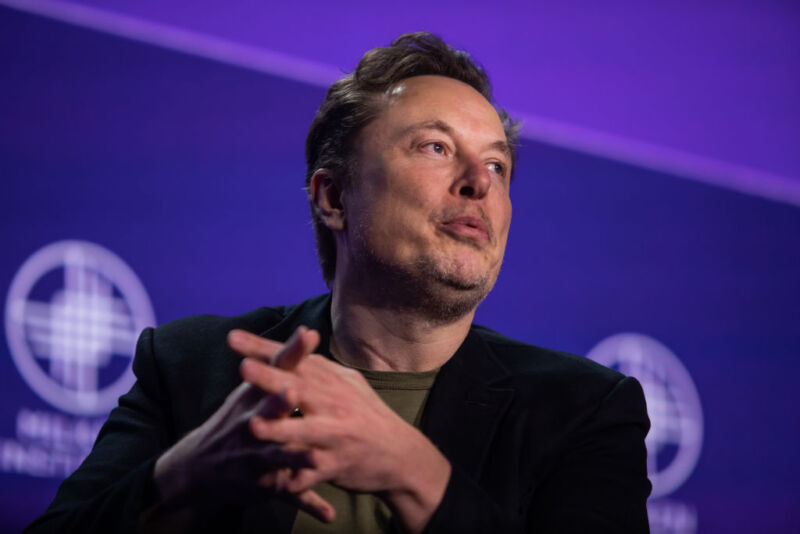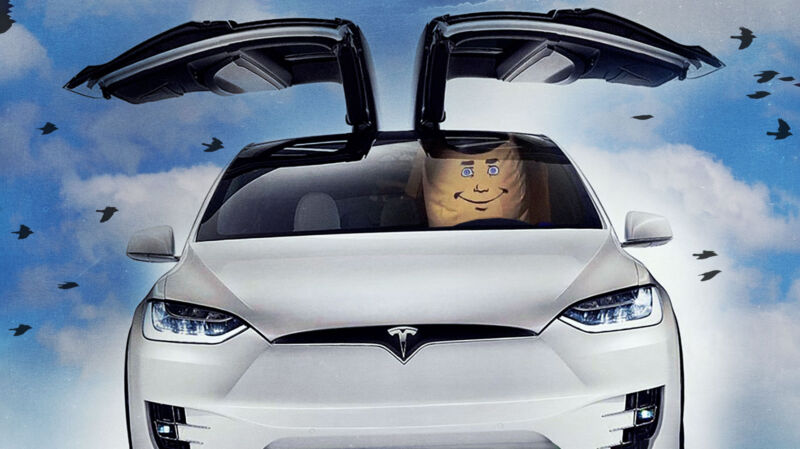Even Trump may not be able to save Elon Musk from his old tweets
A loss in the investors’ and SEC’s suits could force Musk to disgorge any ill-gotten gains from the alleged scheme, estimated at $150 million, as well as potential civil penalties.
The SEC and Musk’s X (formerly Twitter) did not respond to Ars’ request to comment. Investors’ lawyers declined to comment on the ongoing litigation.
SEC purge may slow down probes
Under the Biden administration, the SEC alleged that “Musk’s violation resulted in substantial economic harm to investors selling Twitter common stock.” For the lead plaintiffs in the investors’ suit, the Oklahoma Firefighters Pension and Retirement System, the scheme allegedly robbed retirees of gains used to sustain their quality of life at a particularly vulnerable time.
Musk has continued to argue that his alleged $200 million in savings from the scheme was minimal compared to his $44 billion purchase price. But the alleged gains represent about two-thirds of the $290 million price the billionaire paid to support Trump’s election, which won Musk a senior advisor position in the Trump administration, CNBC reported. So it’s seemingly not an insignificant amount of money in the grand scheme.
Likely bending to Musk’s influence, one of Trump’s earliest moves after taking office, CNBC reported, was reversing a 15-year-old policy allowing the SEC director of enforcement to launch probes like the one Musk is currently battling. It allowed the Tesla probe, for example, to be launched just seven days after Musk’s allegedly problematic tweets, the SEC boasted in a 2020 press release.
Now, after Trump’s rule change, investigations must be approved by a vote of SEC commissioners. That will likely slow down probes that the SEC had previously promised years ago would only speed up over time in order to more swiftly protect investors.
SEC expected to reduce corporate fines
For Musk, the SEC has long been a thorn in his side. At least two top officials (1, 2) cited the Tesla settlement as a career highlight, with the agency seeming especially proud of thinking “creatively about appropriate remedies,” the 2020 press release said. Monitoring Musk’s tweets, the SEC said, blocked “potential harm to investors” and put control over Musk’s tweets into the SEC’s hands.
Even Trump may not be able to save Elon Musk from his old tweets Read More »
